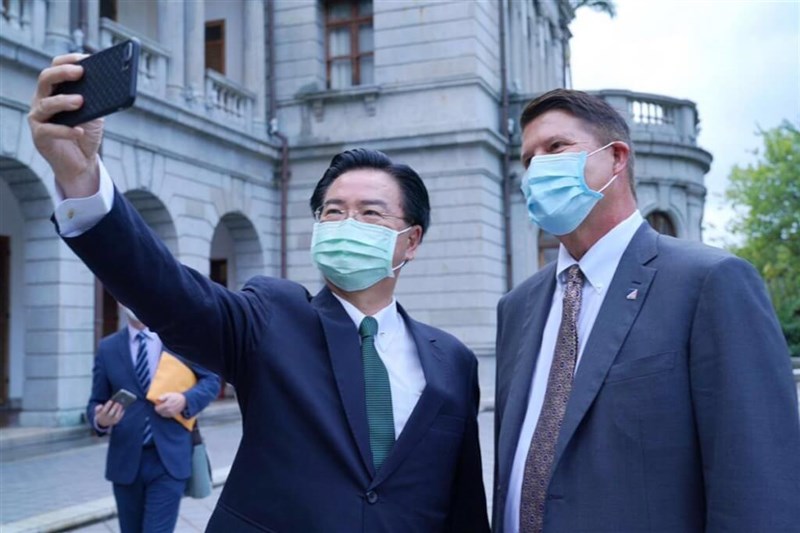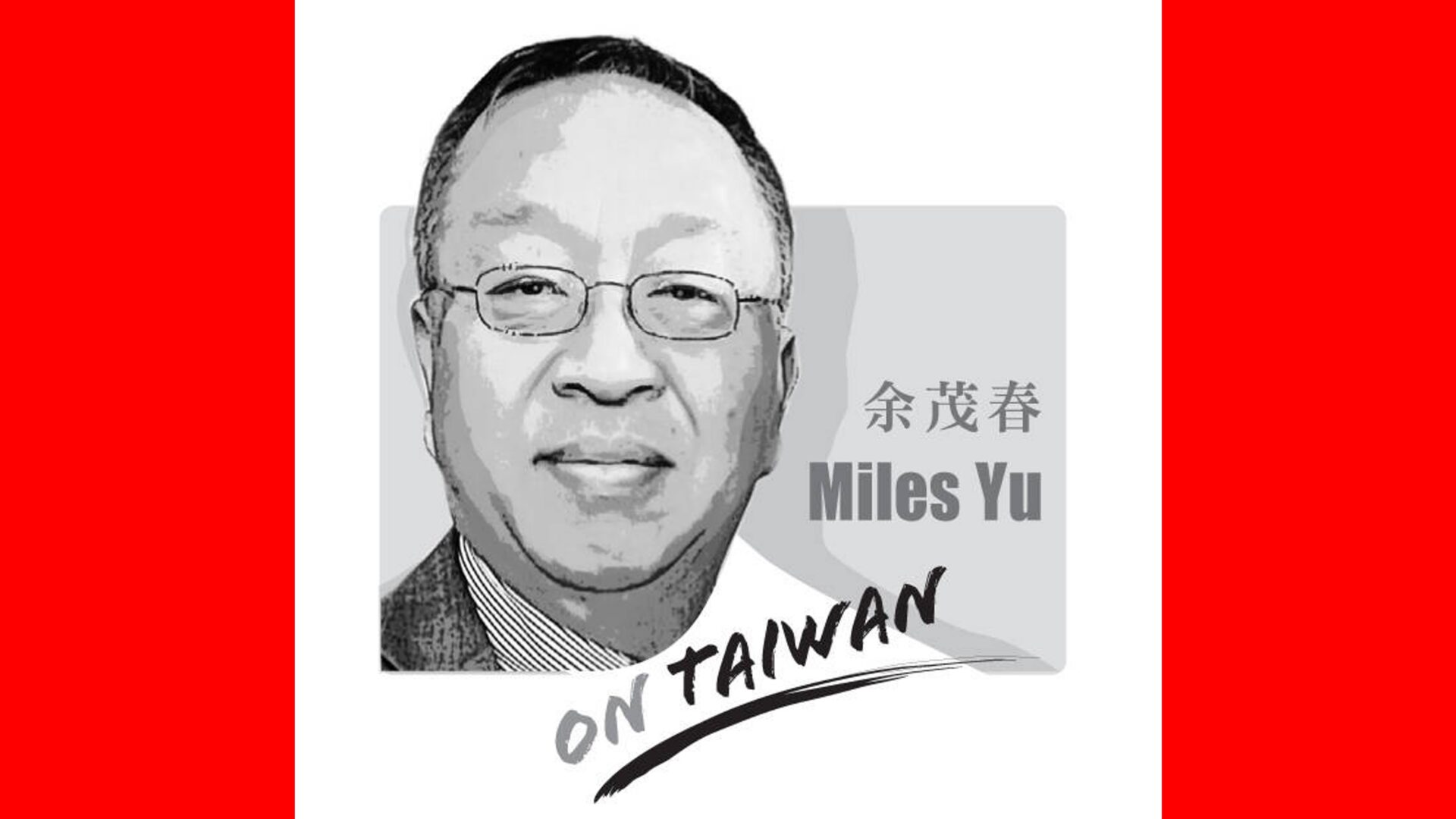
Former U.S. Under Secretary Keith Krach visits Taiwan again: U.S. and Taiwan unite to resist the CCP model
Business Wire
08.10.23Former US Under Secretary of State Krach will come to Taiwan again today (9th). He visited Taiwan three years ago. The highest-level current US State Department official visiting Taiwan. Krach said he was here to strengthen ties between the private sectors of both parties, emphasizing that the ingenuity of the private sectors in the United States and Taiwan is a major advantage in competing with the CCP model.
Former US Undersecretary of State Keith Krach will visit Taiwan from the 9th to the 12th. This is his second visit to Taiwan after three years.
Former U.S. Under Secretary of State Krach: “As you know, the last time I went to Taiwan was in September 2020. I was the highest-level State Department official who went to Taiwan in 41 years. I was greeted by 50 fighter jets and bombers. There, we formed the U.S.-Taiwan Economic Prosperity Partnership to really strengthen those ties.”
The focus of Krach’s visit to Taiwan this time is to strengthen cooperation in technology and cyber security, and to create a “Taiwan Center for Innovation and Prosperity”. Krach also pointed out that the United States and Taiwan signed the “Taiwan-US Science and Technology Cooperation Agreement” and allowed Taiwan to join the 5G Clean Network Alliance of democratic countries, which strengthened the containment circle against the Chinese company Huawei and enhanced Taiwan’s international status , thereby emphasizing the importance of private sector cooperation.
Former U.S. Undersecretary of State Krach: “From the private sector, this is what we are doing, because the private sector is very important. Taiwan is the center of democracy. They also have the most important industries in the world. It’s semiconductors. So we’re very excited to strengthen our ties with the private sector.”
Krach also tweeted that defending freedom is not just a matter of the government, the private sector is also important. The ingenuity of the private sector in the United States and Taiwan is a great advantage in competing with the Chinese model.
The last time Clark came to Taiwan was in September 2020, making him the highest-ranking current US State Department official to visit Taiwan in 41 years. At that time, in addition to going to mourn former President Lee Teng-hui, Clark also discussed economic and Indo-Pacific strategy issues with Taiwanese officials, and accepted President Tsai Ing-wen’s banquet, and TSMC founder Zhang Zhongmou also attended the dinner.
Related Posts

article
The Era Of ‘Tech Diplomacy’ Is Here
Technology is the new frontier of international relations. The interaction is bi-directional: technology is defining diplomatic matters while diplomacy is also influencing the development and deployment of technology. Take semiconductors as an example. This is a technology that forms the foundation of digital economy, national security, and productivity in almost all industries. Global supply chain in the semiconductor industry is shaping U.S. foreign policy. Conversely, America’s diplomatic effort has been redefining the supply chain. Tech diplomacy is different from science diplomacy, which became a key pillar for the U.S. and other countries since World War II. Scientists participated in treaty negotiations, engaged in bilateral summits and served as attachés at embassies. Primary topics included nuclear proliferation, super-collider construction, human space exploration and environmental science.

By: Miles Yu
article
Miles Yu On Taiwan: China’s lessons—and fears—from the Wagner revolt in Russia
For over a century, tumultuous events thousands of miles away in Russia have impacted China profoundly. Mao Zedong (毛澤東) famously said that the cannon sound of the October Revolution brought Marxism-Leninism to China. Now Xi Jinping (習近平) fears that last month’s Wagner revolt may provide a model for the Chinese Communist Party’s undoing.